
Dietary supplements are integral in keeping us healthy and filling nutritional gaps. However, properly combining them is just as important as choosing the right supplements. Certain combinations can hinder absorption, reduce effectiveness, or even lead to adverse effects. Through this list, we’ll explore 15 common vitamin and supplement combinations to avoid, along with detailed explanations of why they should be separated in your regimen.
Calcium and Iron

Calcium and iron are essential minerals, but they compete for absorption in the body. Taking calcium with iron, particularly non-heme iron from plant-based foods, can prevent iron absorption. To maximize absorption, it is best to consume these supplements at different times of the day.
Iron and Zinc

Zinc can interfere with iron absorption when taken together. Both iron and zinc are vital for immune function, wound healing, and DNA synthesis. Stagger your iron and zinc supplements intake throughout the day to avoid a contest for absorption. Alternatively, consider obtaining these nutrients from food sources such as lean meats, nuts, seeds, and legumes.
Vitamin D and Magnesium

Vitamin D and magnesium are crucial for bone health and overall well-being. However, high magnesium doses can hinder vitamin D absorption, potentially leading to vitamin D deficiency. To optimize absorption, it’s recommended to take these supplements separately or as part of a balanced multivitamin.
Vitamin C and Iron

Balance is vital, and excessive supplementation should be avoided. In addition to supporting immune function, collagen production, and wound healing, vitamin C also contains iron, which is paramount for oxygen transport and energy metabolism. Overconsumption of vitamin C may lead to gastrointestinal discomfort, including diarrhea and stomach cramps.
Calcium and Magnesium

Calcium and magnesium work synergistically to support bone health, muscle function, and nerve transmission. However, due to their similar chemical structures, taking them together in large doses may interfere with absorption.
Vitamin E and Iron
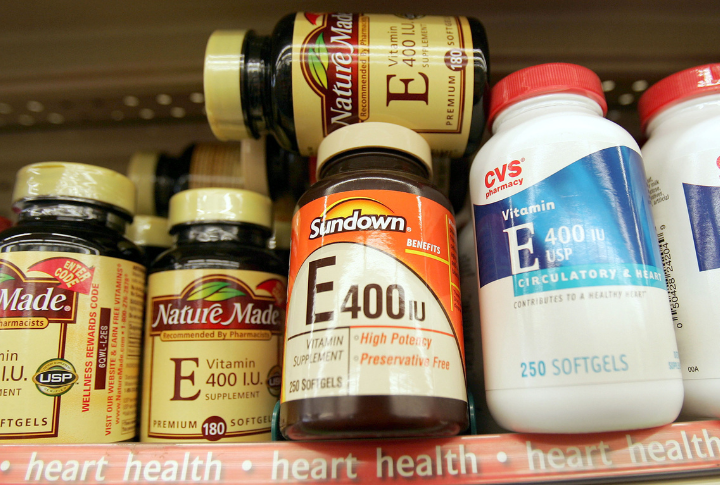
Monitoring your nutrient intake and avoiding excessive vitamin or mineral supplementation is important. Vitamin E can be found in seeds, vegetable oils, nuts, and leafy greens, while iron-rich foods include lean meats, poultry, fish, and fortified cereals.
Zinc and Copper

The ratio of zinc to copper intake is vital for maintaining optimal health. Zinc to copper ratios may vary depending on individual factors. Still, generally speaking, they should be approximately 10:1. Furthermore, this ratio may differ based on specific health conditions and nutritional needs.
Vitamin B6 and Magnesium
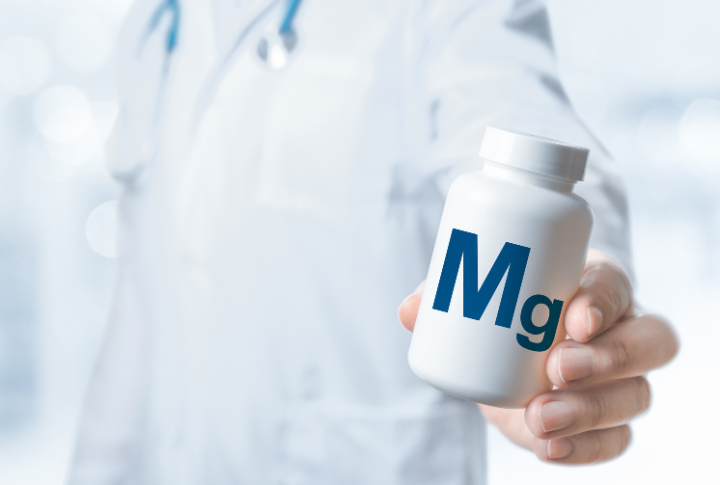
Magnesium is mainly excreted through the kidneys, so high dosages of magnesium supplements may pose a risk to people with impaired kidney function or renal failure. Consuming excessive amounts of vitamin B6 along with magnesium supplements may further burden the kidneys and exacerbate renal dysfunction, leading to potential complications.
Vitamin D and Calcium

Vitamin D enhances calcium absorption, making them a popular combination for bone health and preventing osteoporosis. Moreover, disproportionate supplementation of either nutrient can lead to imbalances and potential adverse effects. To maintain optimal levels, monitoring your intake and obtaining vitamin D from sunlight and fortified foods whenever possible is crucial.
Vitamin A and Vitamin D

Vitamin A is good for vision, skin health, and immune function. In contrast, vitamin D regulates calcium absorption, supports immune function, and promotes bone health. Overdosage of vitamin A can counteract the benefits of vitamin D and may increase the risk of toxicity. It’s important to consume vitamin A within recommended limits and obtain vitamin D from sunlight, fortified foods, and supplements as needed.
Vitamin K and Blood Thinners
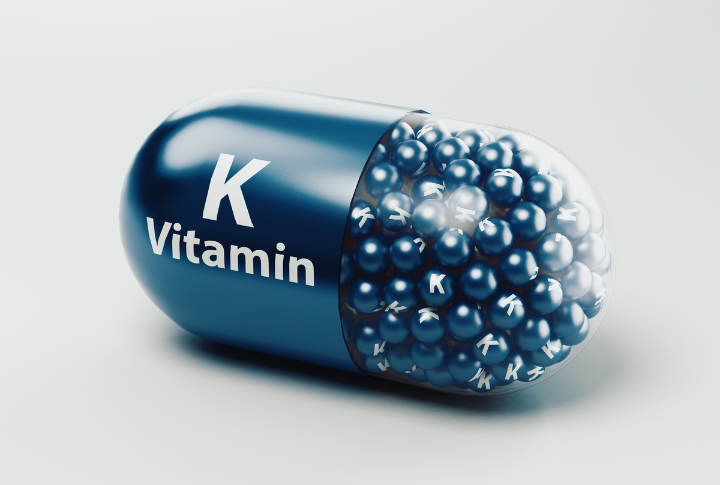
Vitamin K is essential for bone metabolism, while blood thinners such as warfarin and heparin help prevent blood clots. Consuming extra doses of vitamin K supplements while taking blood thinners can interfere with their effectiveness and increase the risk of bleeding. If you’re taking blood thinners, consult your doctor before adding vitamin K supplements.
Coenzyme Q10 and Blood Pressure Medications
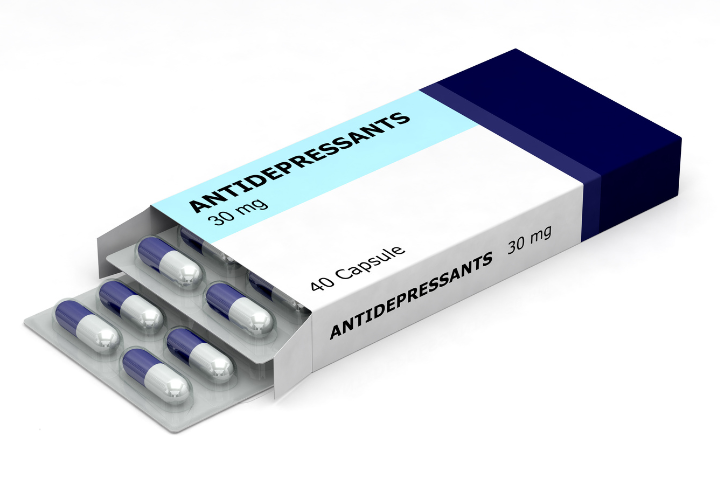
In addition to serving as an antioxidant, coenzyme Q10 is an essential energy producer in the cells. While CoQ10 is often used to support heart health and reduce blood pressure, it can interact with certain blood pressure medications, including beta-blockers and ACE inhibitors. If you’re taking these medications, it’s essential to consult with your nutritionist before adding CoQ10 supplements to your regimen
St. John’s Wort and Antidepressants
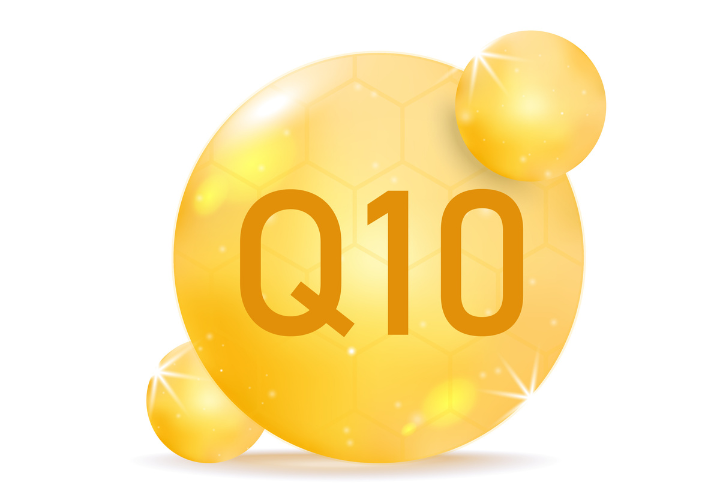
St. John’s Wort is a prominent herbal supplement used to treat depression and mood disorders. This supplement can interact with antidepressant medications, reducing their effectiveness and potentially leading to serotonin syndrome, a potentially life-threatening condition. If you’re taking antidepressants, it’s crucial to avoid St. John’s Wort unless directed by your healthcare provider.
Ginkgo Biloba and Blood Thinners

Studies suggest that ginkgo biloba can strengthen cognitive function and memory in elderly people. However, when taken with blood thinners such as warfarin (Coumadin) or aspirin, it can increase the risk of bleeding. Therefore, it’s essential to exercise caution and consult with your doctor before combining these supplements, especially if you’re sensitive to bleeding or taking other medications that affect blood clotting.
Green Tea Extract and Stimulants

Green tea extract contains caffeine and other stimulants that may interact with medications or supplements with similar effects. Combining green tea extract with other stimulants such as caffeine pills, ephedra, or certain weight loss supplements can enhance the chance of side effects such as jitteriness, anxiety, and rapid heart rate.
